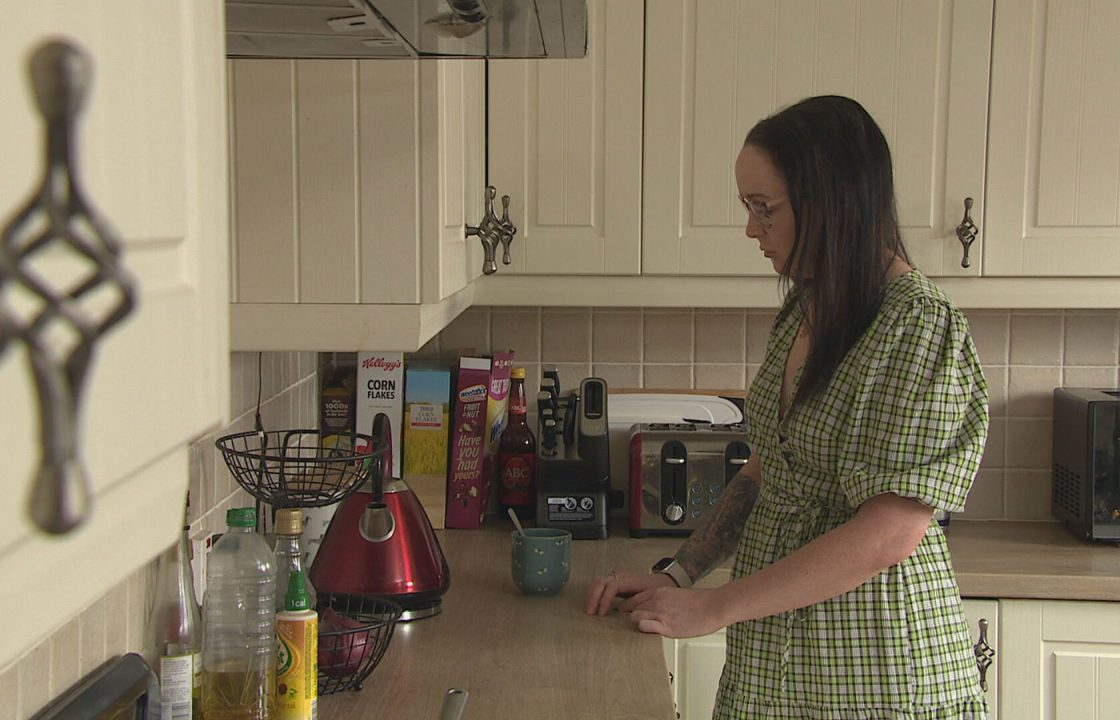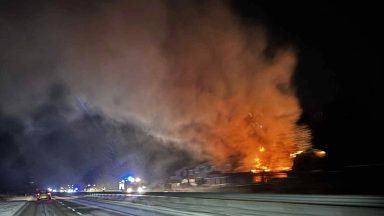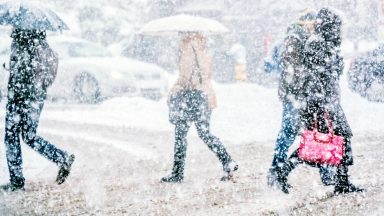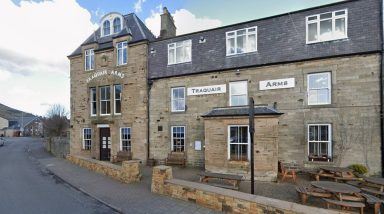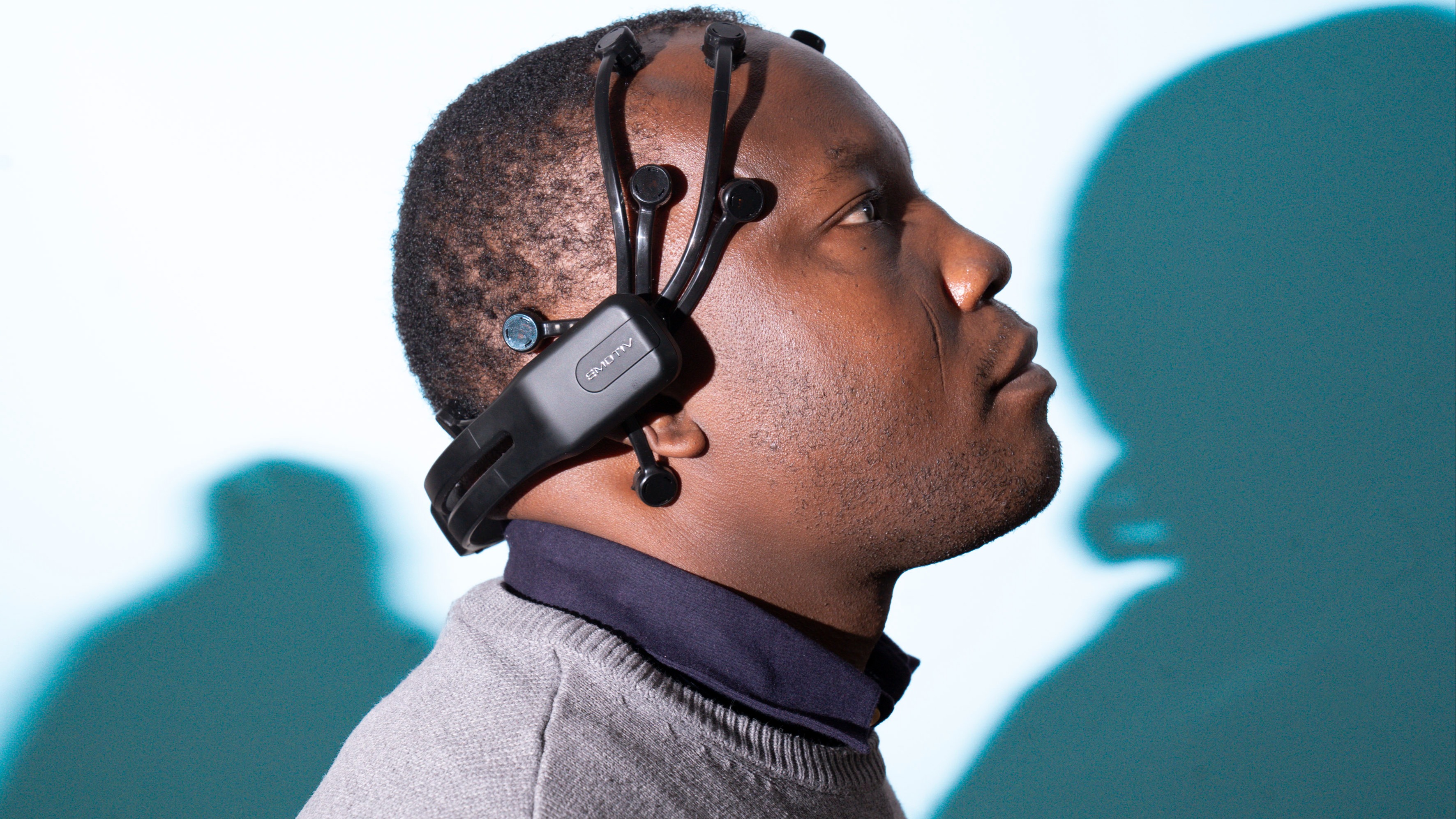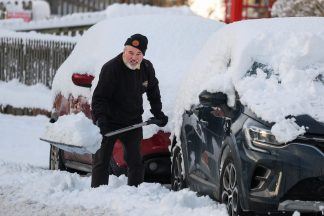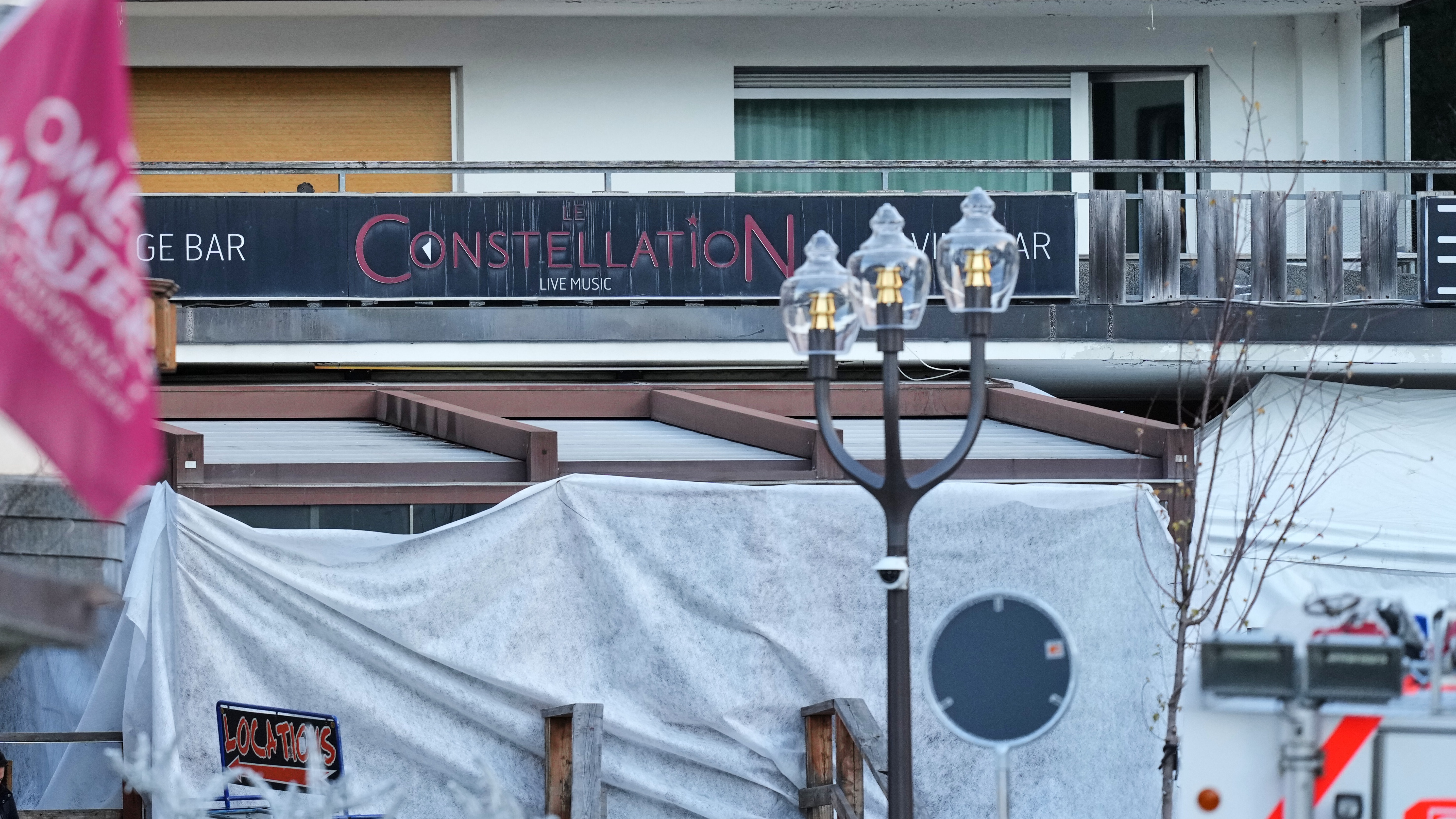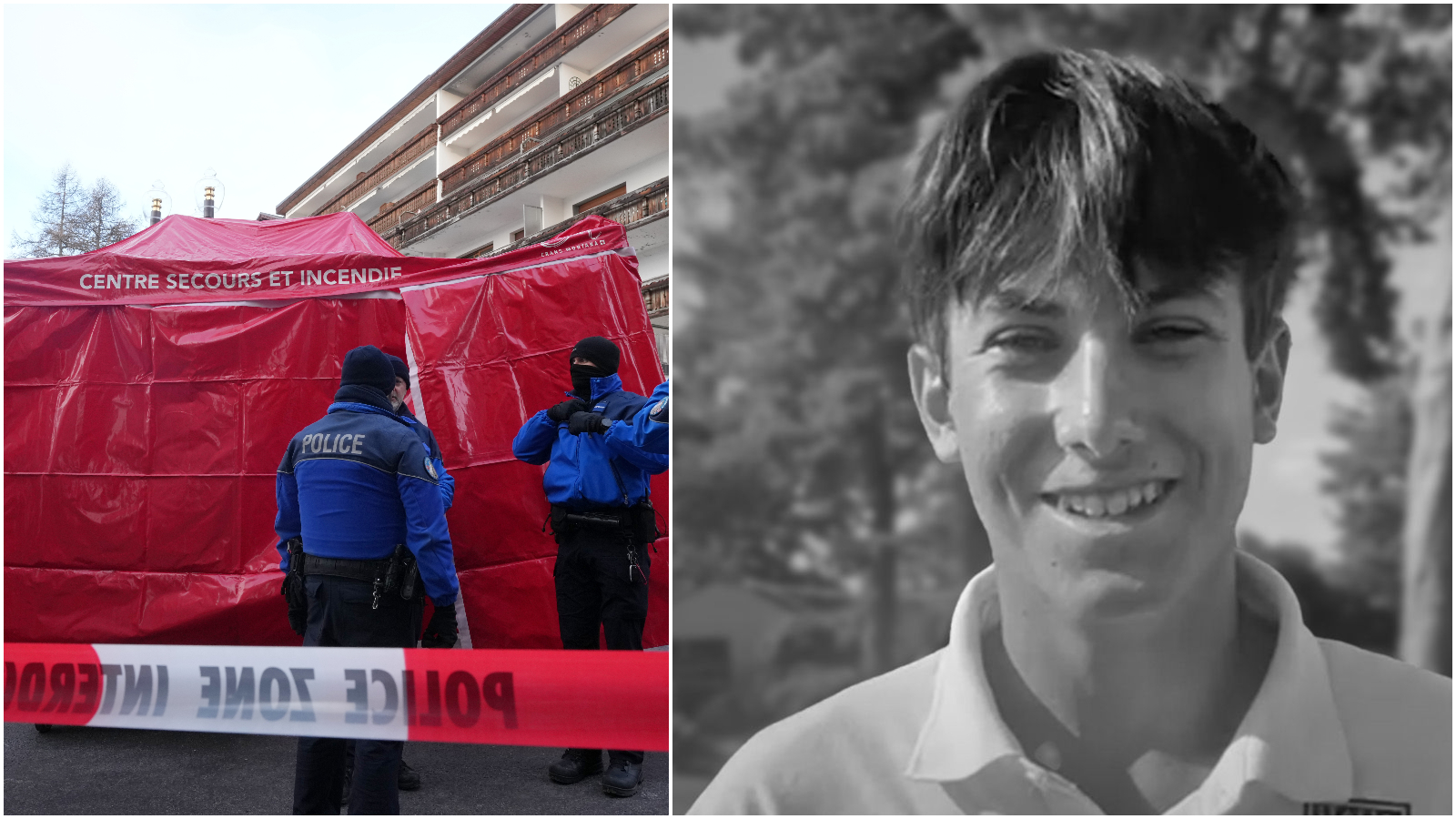Katie Johnston was attacked by a man she had never met.
It was January 28, 2016, and she had just wrapped up a night out with her friends in Aberdeen.
“It was about two or three in the morning and I’d decided I wanted to go back out and get a takeaway by myself, so I changed into my winter clothes,” she told Scotland Tonight.
“I went for a walk back into the city centre, and walked past Union Terrace Gardens, and saw it was all lit up at the bottom with park benches.
“I had to text my flatmate back because she was wondering where I’d been, so I decided to go down there, sit on the bench, and reply to her message.
“It had only been maybe ten or 20 seconds from me sitting on that bench, opening my phone, and taking my gloves off to text back, and a man ran up behind me, grabbed me by the neck, and dragged me into the bushes. He then proceeded to punch me in the head repeatedly, and raped me.”
Once Katie regained consciousness, she ran to the local police station for help. She says she was in “hysterics and still drunk”.
“There’s a few moments where I felt like they just thought I was some drunk girl,” she said.
“But I feel like once they went down to the park and found some evidence of a scuffle, and some of my belongings were still there, they started to believe me then. They found my glove and my phone that was smashed and I think they found a piece of my underwear as well.”
It wasn’t until September 2017 that Katie’s rapist, Alasdair McDonald, was arrested. She then had to wait until March the following year for her case to be heard in court.
“Up until they arrested the man it was kind of nerve wracking every single day. I didn’t know if he was walking down the street next to me. He attacked me from behind so I didn’t know what he looked like. I could have been serving him at work, you just wouldn’t know.
“I was worried every single day that I had forgotten stuff, because it had been almost two years, so whenever a memory would pop into my head I would write it down on my phone, just in case it got to court and I had forgotten everything. The other thing I was worried about was what line the defence would take.”
Katie claims defence solicitors targeted the fact she was drunk on the night of the incident and, therefore, unable to remember exactly what happened. She says she worried jurors wouldn’t believe her.
She said: “Any slight change in body language or if they’d raise their eyebrows I would think ‘oh no something that I have said is wrong. They will perceive me differently’.
“I read all the comments when the story first broke about my attacker. I’d read all the comments of people calling me a stupid drunk girl – like ‘why would I go down to the park in the dark in the first place’ and I thought some members of the jury may hold those thoughts as well and would come in with a preconceived notion that I am just a drunk girl who made a mistake.”
Alasdair McDonald was sentenced to ten years in prison and Katie’s case became one of the rare ones that actually made it to the conviction stage.
In Scotland, conviction rates for rape are the lowest of any crime type. For cases that reach trial, the conviction rate is around 51% compared to 91% for all other crimes. Most cases never make it as far as court.
As part of the Victims, Witnesses and Justice Reform (Scotland) Bill, the Scottish Government wants to run a pilot of juryless rape trials, as a way to improve the experience for complainants.
Katie says if she had been able to provide evidence in front of a judge who was trained in rape matters and knew the complexities, instead of having to re-tell her story to 15 jurors, the process would have been a lot less stressful.
“It was almost like going to the police all over again and trying to prove my story and what happened to 15 random strangers. I think if it was just a judge it would be easier on the victim,” she said.
“We’re the only people who know what it feels like to go through something so traumatising as a rape or sexual assault. We know how traumatising it can be going to court and going through it all over again. So I do think it is important to listen to us.”
Katie believes that rape myths do sway juries. These are deeply ingrained views about what a “real” rape is or how a “real” victim would look or behave.
“If someone was stabbed you wouldn’t expect the public to say well what was the victim wearing when they were stabbed?
“So I do think that it has a big impact. I was thinking about that as well when I was coming up to my court date. Luckily I was wearing my winter clothes so they couldn’t play the whole ‘oh what was she wearing’ but I was drunk so they did go for that angle.”
A juryless rape trial pilot isn’t expected to happen until towards the end of next year.
Right now, the Scottish Government is collating evidence from campaigners, survivors and those who work in the criminal justice system on whether they believe the pilot will be beneficial.
For more, watch Scotland Tonight’s ‘Judge or Jury’ story on STV at 8:30pm on Thursday, or catch up on the STV Player.
Follow STV News on WhatsApp
Scan the QR code on your mobile device for all the latest news from around the country


